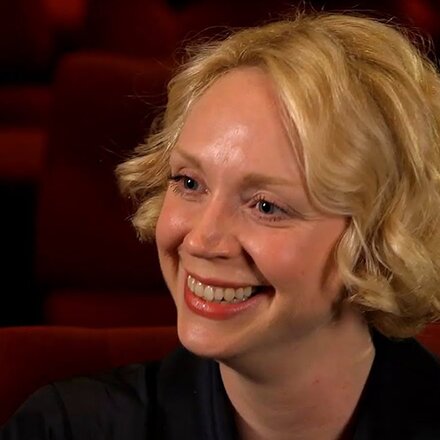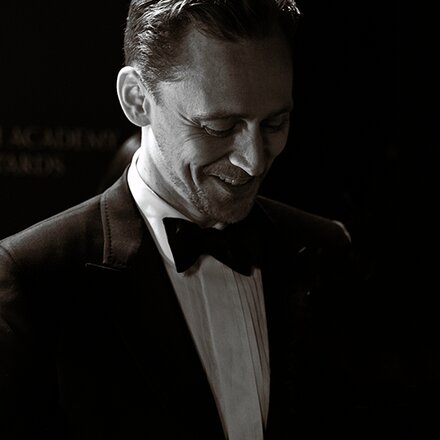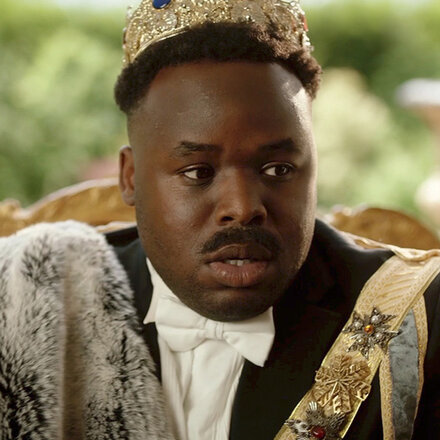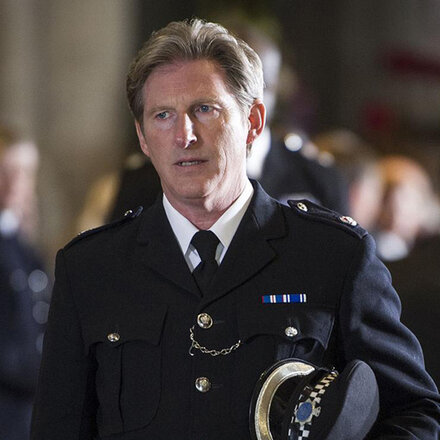Words by Quentin Falk
Actress Zawe Ashton has literally grown up before our very eyes. On television since she was a kid, Zawe (pronounced Zowie) continued to appear in various slices of popular episodic TV throughout her teens while also honing her craft at the National Youth Theatre.
Now in her mid-20s, she has gradually added another major string to her bow: that of writer, for stage and screen, which has already earned her one prestigious theatre nomination and a number of new upcoming commissions.
She describes the combination of acting and writing as, “like one of those old-fashioned motorbikes with a sidecar. For me, it feels like acting is the bike, while writing has become this amazing little sidecar that’s always with me from job to job.”
Currently, it’s the petrol-fuelled half of that combo that takes centre stage, with the 5ft 10in actress burning up the small screen in the comedy-drama Fresh Meat, the new Sam Bain/Jesse Armstrong (Peep Show) creation that’s halfway through its first eight-week series on C4.
Ashton plays Vod – real name Violet – the fiercely independent, intimidatingly cool member of a six student house share in Manchester which, as the actress laughingly points out, is a bit like art imitating life, having spent three years at drama school there followed by a six-month writer residency at the city’s Contact Theatre.
“I remember,” Ashton says, “when the script first came through and it said it was about students in Manchester, I thought, ‘excellent, that’s a chunk of research I’ve already done’. I got on the train as a professional and when I got off, it was as if suddenly my clothes seemed more dishevelled and I had a craving for burger and chips. I definitely regressed for those three months of filming.”
"Don’t go into acting to make money or achieve fame because sometimes when you’re riding on your highest wave you might also feel at your most disconnected."
Ashton’s role in the essentially ensemble Fresh Meat couldn’t be further removed from the real-life character she plays in her latest film, Dreams Of A Life, directed by Carol Morley, who was BAFTA-nominated as Best New Director for The Alcohol Years (2000).
An extraordinary and haunting mixture of investigation, original testimony and recreation – “a docu-feature, I think they’re calling it,” says Ashton – Dreams Of A Life puts figurative flesh on the bones of a notorious tabloid story from 2003 concerning Joyce Vincent, a rather mysterious woman who was found dead in her Wood Green flat, her body having remained undiscovered for a shocking three years.
Recalls Ashton: “I’d just done a play at the Soho Theatre in which, strangely enough, I played a woman who’s afraid to leave her bedsit, and one of the casting team had been to see it. Nearly a year later, they sent me a breakdown of what the film was. I read it and sent back literally a three word email: ‘This is me”.
Ashton filmed her portrayal of Joyce in just two weeks, referring almost exclusively to an extensive visual brief given to her by Morley. What she didn’t do, on Morley’s adamant instruction, was watch any of the interviews with the various real-life people who flitted in and out of Joyce’s life that, in the final film, punctuate the recreated flashbacks, especially of the 80s when she was involved in the London music scene.
“The point,” says Ashton, “is that pretty much everyone’s accounts of her are contradictory; you can’t really zone into any one person’s remembrances of her because they so differ. That was very clever of Carol, because as an actor that would probably have been the first thing I’d have sought out.
“All I really needed were the facts as she gave me because in the end, the rest was mystery especially in terms of the different faces she showed to different people. What’s fascinating is now seeing what, for me, is a new film, not at all like the one I made in such isolation.”
Ashton – whose other recent film credits include St Trinian’s 2 (2009) and Blitz (2011) in which she played a coke-addicted South London policewoman – describes Dreams Of A Life as “the proudest moment of my career so far in terms of the process and the film that has resulted from it.”
She cites, in particular, a scene around halfway through the film where she has to sing. “It’s the moment where, and Carol puts it brilliantly, we see that Joyce could have perhaps been a star. This was the moment at which I felt I was at my strongest and most sensitive as a performer dealing with this subject matter. I call it ‘the layer of skin missing’ moment.”
Her hardest scene was, she thinks, during the filming of the thriller Blitz: “I’m supposed to have been on a crack cocaine binge and the scene kept being put back and back. So there I was rolling around on this cold floor trying to stay in the zone. It’s always nice to learn what you’re capable of. I’d done a lot of research with ex-addicts, but it was still really hard.”
"I was just six when I started drama classes. I remember lying about my age. That’s the first top tip I can pass on."
It was thanks to her Ugandan mother that she first became exposed to acting while growing up in London. “She was amazing and threw me into every hobby I asked to be part of, including signing me up for weekend drama classes at the Anna Scher Theatre where I ended up staying for 13 years. I was maybe five and a half, perhaps just six when I started there and remember lying about my age. That’s the first top tip I can pass on,” she laughs.
“There was this little stage area at the theatre which had several boxes in it; one saying ‘Hats’, another ‘Costumes, a third ‘Masks’, and a fourth, ‘Props’. On literally my first day there I saw these and said to myself, ‘I’m really going to like this!’”
Years later, when the question of drama school arose, Ashton, who already had numerous credits under her belt including acclaimed work at the NYT, found herself in a bit of a quandary. “Some people said to me, ‘you must be crazy; you’re already working, why take three years out?’ My eventual feeling was that I should go because there was work out there for me, which people weren’t going to offer on a plate, and I needed to be much more prepared.”
While Ashton – who will be seen in the one-off drama Lapland on BBC at Christmas – has clearly revelled in discussing the business of acting with heroes like Paddy Considine (on Blitz), she claims there is no advice, as such, she can usefully pass on: “It stops and starts with you; you’ve just got to want to do it.
“It’s the worst profession to go into thinking, ‘I’m going to get something out of this,’ that you’re going to make money, achieve fame or self-worth. Don’t go into it for any of those reasons because sometimes when you’re riding on your highest wave you might also feel at your most disconnected. You’ve got to have something inside you – I call it ’molten lava’ – which you can then draw on in the hard times.
“Anna Scher used to say, ‘Anyone can do it when it’s easy; you’ve got to be ready for it when it’s really hard.’ That would be perhaps my advice. Then again, I hate that thing you always hear about only 4% of actors ever working. Don’t let anyone tell you that either, because even if you’re out of work, you’re still an actor.”






